A Thank You
Thank you to the Kerlan Friends who have been keeping in touch during these Covid-19 times.
FAQ’s
Where are you? And what are you doing? And how are you doing?
I have been working from home.
We have continued to work with students and interns remotely through Zoom. Danielle Hill and Alana Gripne-Oslund pictured here had been working to connect the read aloud videos from #OperationReadAloud with creative literacy activities for home and the classroom in Writing Boxes: The Reading Writing Connection.
This has been a time of adaptation.
I have been producing and providing digital resources for teachers, librarians, and students. I have been keeping in contact with our donors, students, and volunteers.
The archivists have continued their work creating digital exhibits.
If you missed the exhibit A Woman’s Place: Women and Work, it is now available in a digital format. This was a collaboration across the Archives and Special Collections, created by Linnea Anderson, Kate Dietrick, and Caitlin Marineau.
http://gallery.lib.umn.edu/exhibits/show/a-womans-place-women-and-work/intro
This has been a time to reflect and learn.
I had attended a seminar by Dr. Bettina Love. I highly recommended: We Want To Do More Than Survive: Abolitionist Teaching and the Pursuit of Educational Freedom.
This has been a time to amplify unheard voices.
My article on Louise Seaman Bechtel is now available in Children and Libraries. One hundred years ago in 1919, the first children’s book department in the United States was established by the Macmillan Company, headed by the then young and unknown editor-in-chief Louise Seaman. Link to the article.
And a time read
I have been doing a little reading besides children’s books.
On Shelf Awareness for Readers. (Shelf Awareness for Readers appears Tuesdays and Fridays and helps readers discover the 25 best books of the week, as chosen by booksellers, librarians and other industry experts.)
A round up of memoir with a humorous slant. Shelf Awareness From My Shelf June
And here are some cookbook recommendations: Shelf Awareness: From My Shelf August
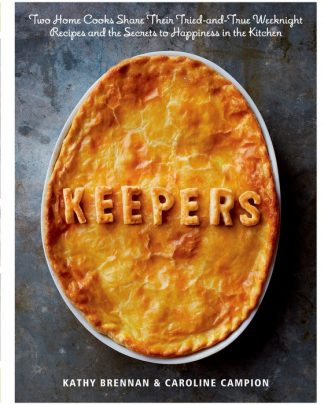
Keepers: Two Home Cooks Share Their Tried-and-True Weeknight Recipes and the Secrets to Happiness in the Kitchen. by Kathy Brennan and Caroline Campion
What is Surge Capacity?
Tara Haelle, a science journalist interviewed academics and researchers to explore why these pandemic times feel so hard. It’s not our imaginations. There is a reason that I am feeling “not-like-myself”, unusually fatigued, unwell and anxious. It is that my “surge capacity” is depleted.
Haelle writes, “Surge capacity is a collection of adaptive systems — mental and physical — that humans draw on for short-term survival in acutely stressful situations, such as natural disasters. But natural disasters occur over a short period, even if recovery is long. Pandemics are different — the disaster itself stretches out indefinitely.”
As Ann Masten, PhD, a psychologist and professor of child development at the University of Minnesota, explains it, “Surge capacity is a collection of adaptive systems — mental and physical — that humans draw on for short-term survival in acutely stressful situations, such as natural disasters. natural disasters occur over a short period, even if recovery is long. Pandemics are different — the disaster itself stretches out indefinitely.”
According to Pauline Boss, PhD, a family therapist and professor emeritus of social sciences at the University of Minnesota who specializes in “ambiguous loss.” This is a time of ambiguous loss. We have lost our familiar lives and here we are coping with unprecedented loss of family, friends, and work. Boss notes that it especially hard for people used to pushing through and getting things done no matter what is going on.
“It’s harder for high achievers,” she says. “The more accustomed you are to solving problems, to getting things done, to having a routine, the harder it will be on you because none of that is possible right now. You get feelings of hopelessness and helplessness, and those aren’t good.”
Michael Maddaus, MD, a professor of thoracic surgery at the University of Minnesota examines the effect of the pandemic on our “resilience bank.”
I Really Appreciated
Haelle eliciting suggestions from the three experts on how to cope during these unprecedented times.
For more on this topic, go to the article on Medium.com: Your ‘Surge Capacity’ Is Depleted — It’s Why You Feel Awful
So how are you doing?
I really want to know. What are you reading? Are you teaching remotely? Are you home with kids? How is your creative life? Are you at capacity?
Look for updates for University of Minnesota Libraries Campus News on Continuum.
Look for updates on the Kerlan, the Children’s Literature Research Collections, and Virtual Events on the Blue Ox Review.
We may not be able to be on campus right now, but we are here to help in any way we can.
Stay safe. All my best, Lisa

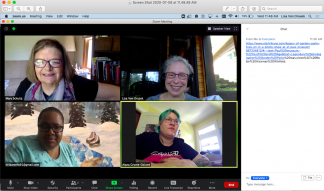
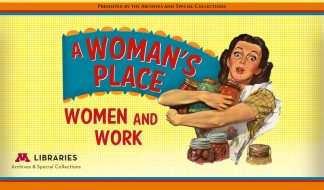
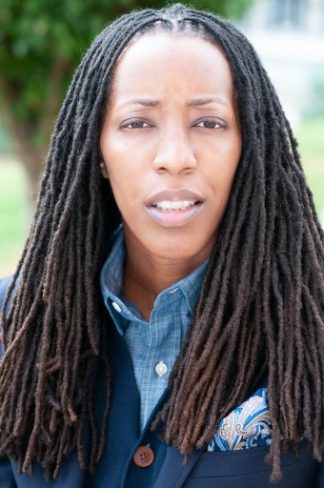
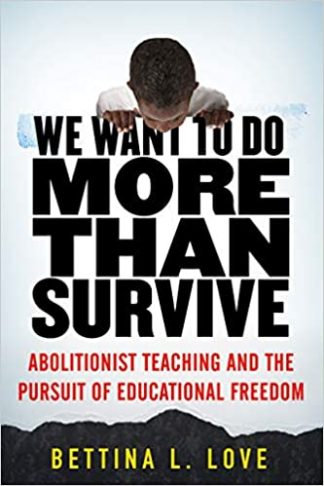
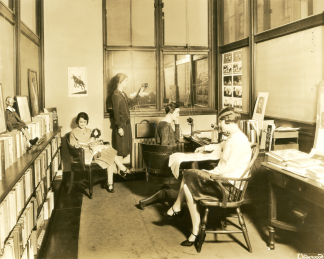
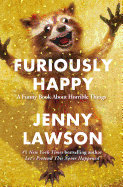
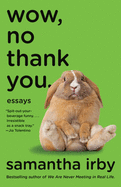
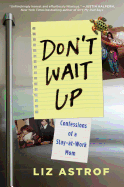


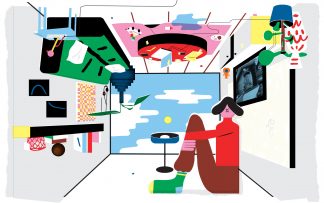
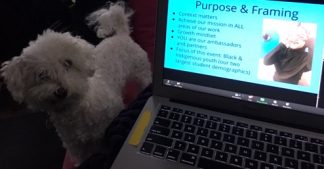
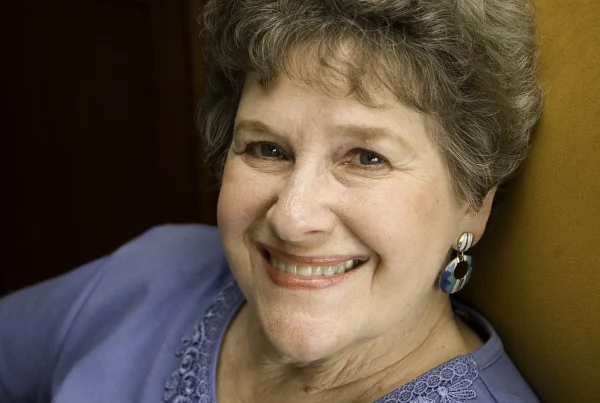
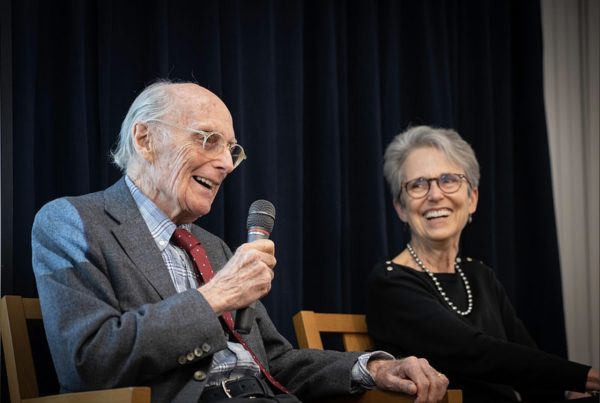


I enjoyed the article on Louise Seaman Bechtel. I didn’t realize how many outstanding children’s books were published under her aegis